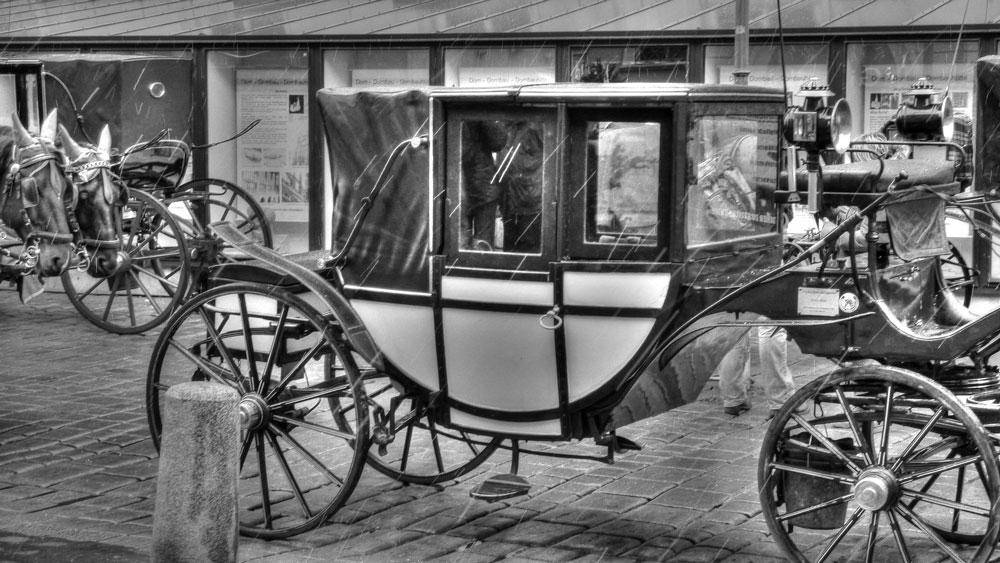The Stagecoach System
During the 18th Century and as the Empire grew a secure and reliable mail communication system became imperative and consequently roads to the main ports gained importance.
Routes to the West Country were vital particularly the routes to Devonport and Falmouth. This last port was the first landing for the American Packets and thus a communication link developed over some 50 years up to 1810. By then stagecoaches were becoming a familiar sight along the gradually improving roads. The routes to Exeter and beyond developed on two main roads to the West.
The first was the Quicksilver Mail Coach which passed through Sherborne and Yeovil. The second was the Regulator which passed through Wincanton.

Take the High Road
Wincanton was an important stop on the coach road from London to Exeter. There were at least 10 coaching inns in and around the town, recognisable by the lofty arches under which the coachman drove the horses. It is still easy to identify them, although most are no longer inns – The Dolphin, The Greyhound, still with its magnificent wrought-iron hanging sign, The Bear, The White Horse, The George and The Unicorn at Bayford.
Exeter was a major hub – at the height of the stage-coach era, there were 70 coaches a day from Exeter leaving for London, Plymouth and other destinations.
Before the 18th century, coach travel was deeply uncomfortable, even in fine weather (and often impossible in heavy rain). The vehicles were little better than covered wagons and without suspension, travelling at around five miles an hour, bumping over the rutted tracks and unmade roads. Speed improved in the mid-18th century with the invention of steel spring suspension, which was also probably more comfortable.
The proliferation of ale-houses – a house in Church Street was still a stop-over in the late 19th century when it was called The Traveller’s Rest – is partly attributable to the unreliable quality of the drinking water. Many people, including children, would drink small ale, which was weak and rather bitter, but with its alcoholic content was safer than water.







